The government has publicly confirmed that blogger and IT analyst Ndiang’ui Kinyagia is still under active investigation, further deepening questions over his disappearance, digital-profiling activities and possible ties to broader cybersecurity probes.
Investigation Status Revealed
In a court filing submitted last week, the state revealed that Kinyagia remains subject to investigation by the directorate of criminal investigations (DCI) and the office of the director of public prosecutions (DPP). Authorities said that his personal devices and travel documents were seized and remain in custody while the inquiry proceeds.
The confirmation follows multiple court appearances in which Kinyagia’s lawyers requested the release of his passport and yellow-fever card, citing urgent medical travel. These requests were rejected by the court, which accepted state counsel’s argument that releasing the documents might interfere with the ongoing probe.
Background of the Case
Kinyagia—a noted blogger and social-media analyst—first made headlines when he reportedly went missing in late June, prompting a court directive for police to produce him. The directive was not immediately complied with, generating a national rights-and-law-enforcement controversy.
He later resurfaced at Milimani Law Courts, but the precise nature of the allegations against him has not been made public. Investigating officers have stated only that the matter involves alleged misuse of confidential digital information.
With the revelation of his continued investigation, the case now raises not just questions about Kinyagia’s personal conduct but about the broader relationship between online commentators, the state, and digital regulation.
Why This Matters
At stake are multiple critical issues:
- Freedom of expression vs. national security: The investigation touches on the thin line between legitimate expression and possible digital offences.
- Transparency: The state’s willingness to confirm the investigation marks a rare moment of disclosure, but the absence of clear charges or timelines invites concern about due-process safeguards.
- Digital governance: As Kenya strengthens its cyber-legislation regime and oversight of online actors, this case may set precedents for how bloggers and social-media analysts are treated under national law.
What to Watch
- Whether formal charges are filed against Kinyagia and, if so, the exact offences he will face.
- How the court handles his application for release of documents and his access to travel, given his stated medical grounds.
- The political and civil-society response: how rights organisations frame this case in the context of online freedoms and governmental accountability.
- Any legislative or regulatory follow-up: will the government propose tighter controls on bloggers or social media following this case?
The state’s confirmation that blogger Ndiang’ui Kinyagia remains under investigation marks a chilling milestone in Kenya’s evolving digital governance landscape. The opaque nature of the allegations, combined with the seizure of his devices and documents, casts a long shadow over the rights of public commentators—and signals that Kenya’s battle over cyber-regulation, free speech and state power is far from over.



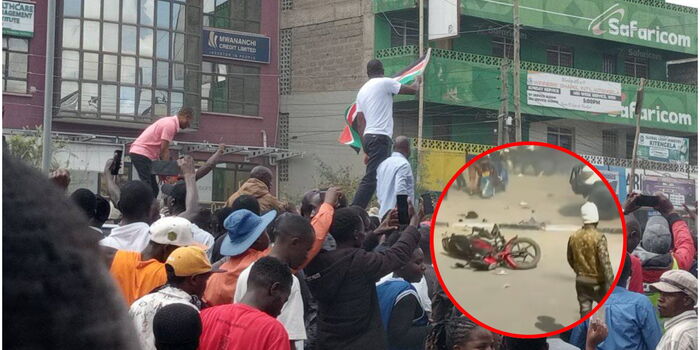

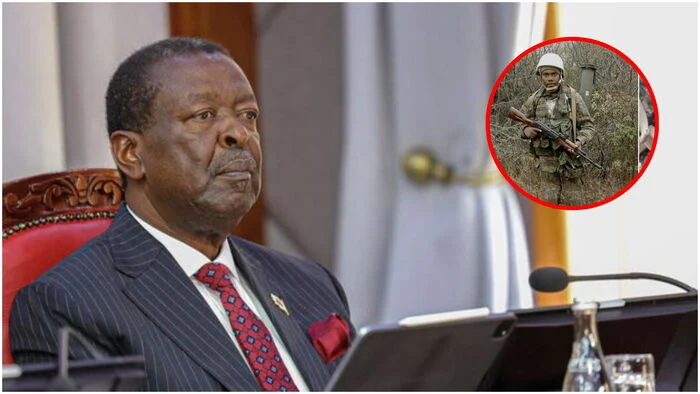
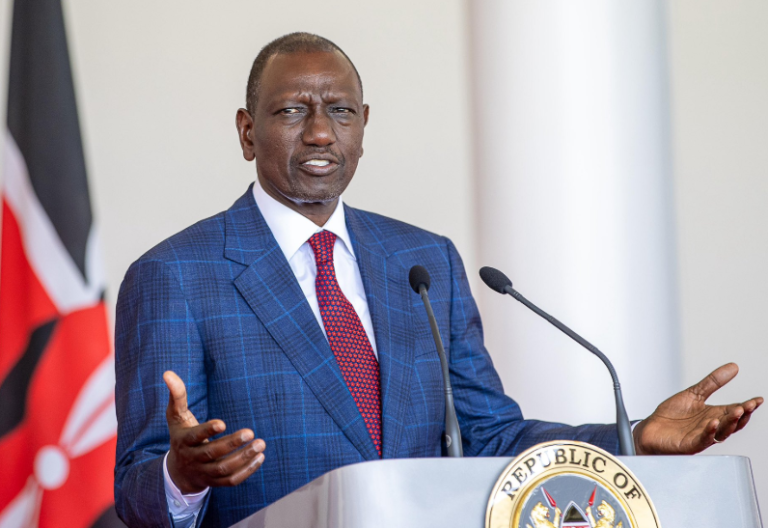
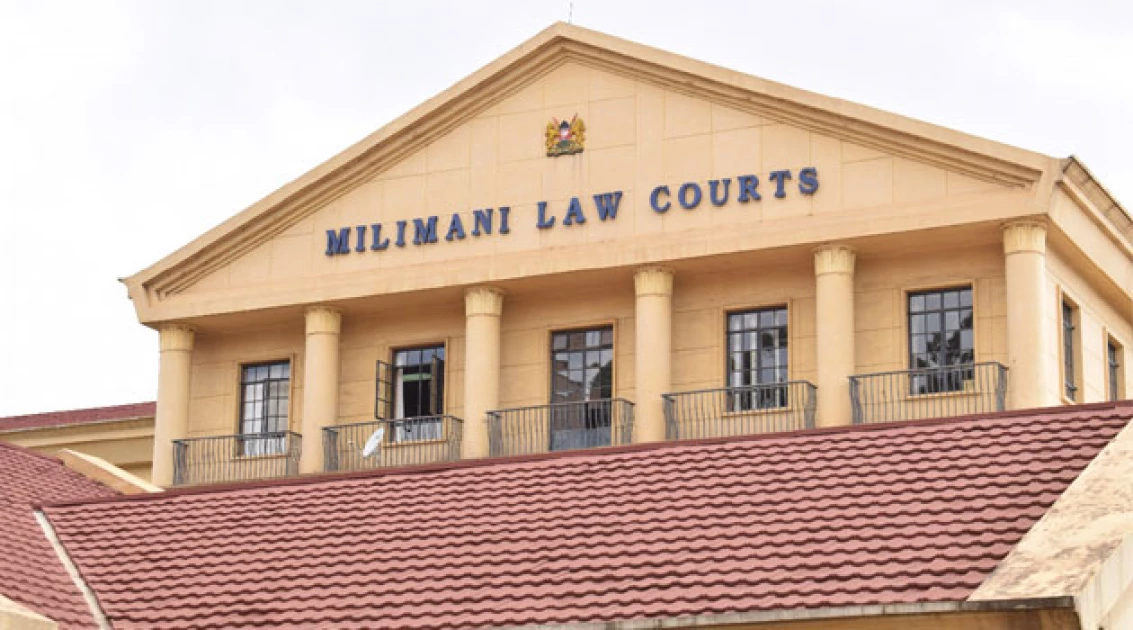



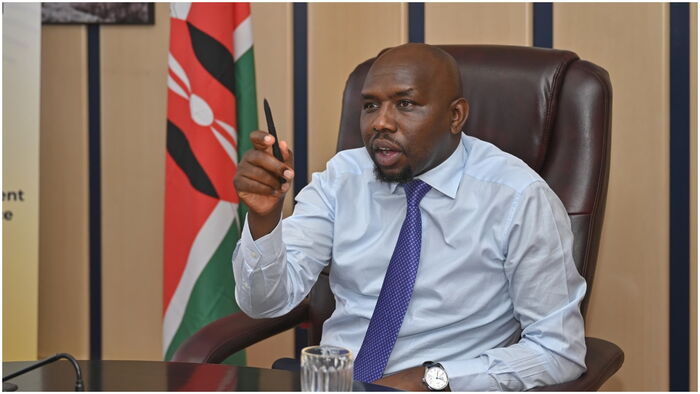
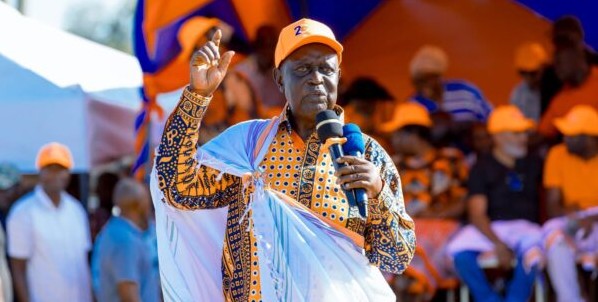
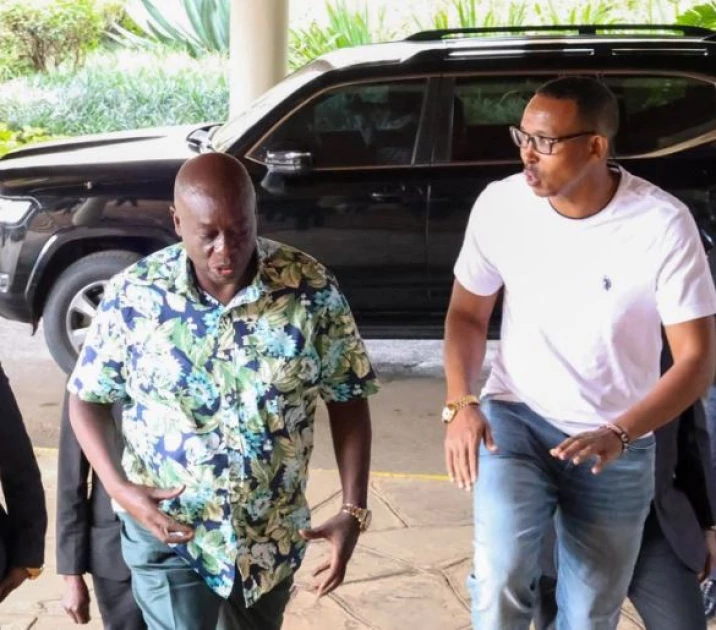
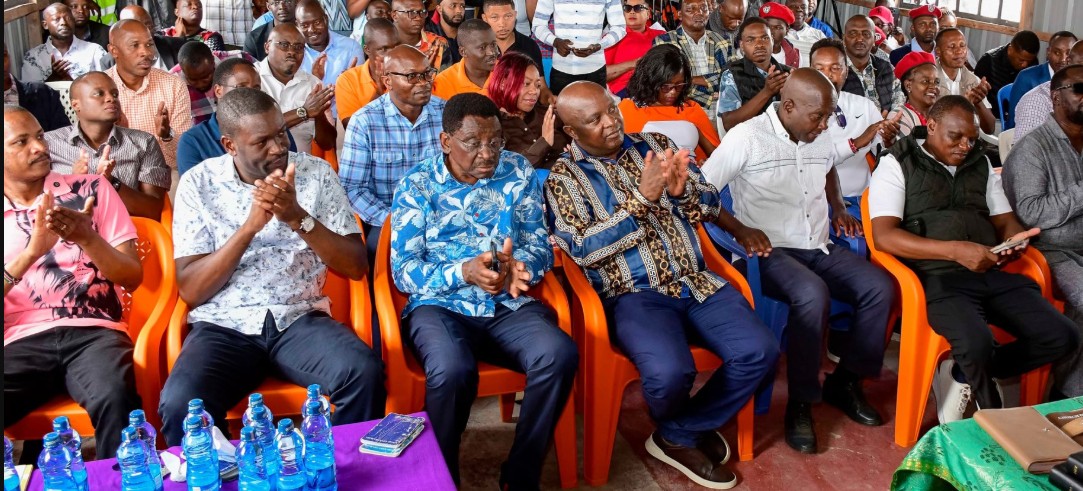
Leave a Reply